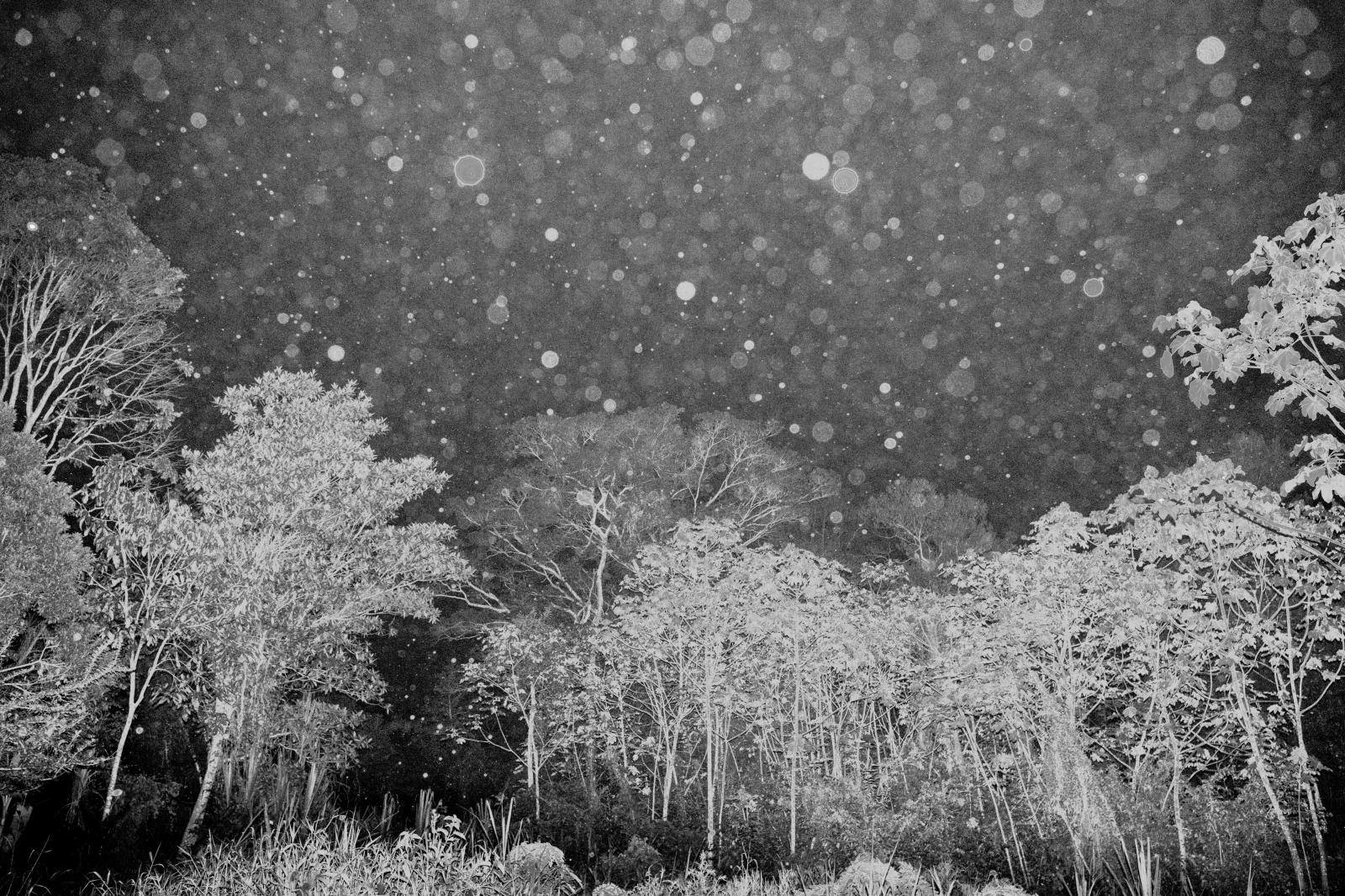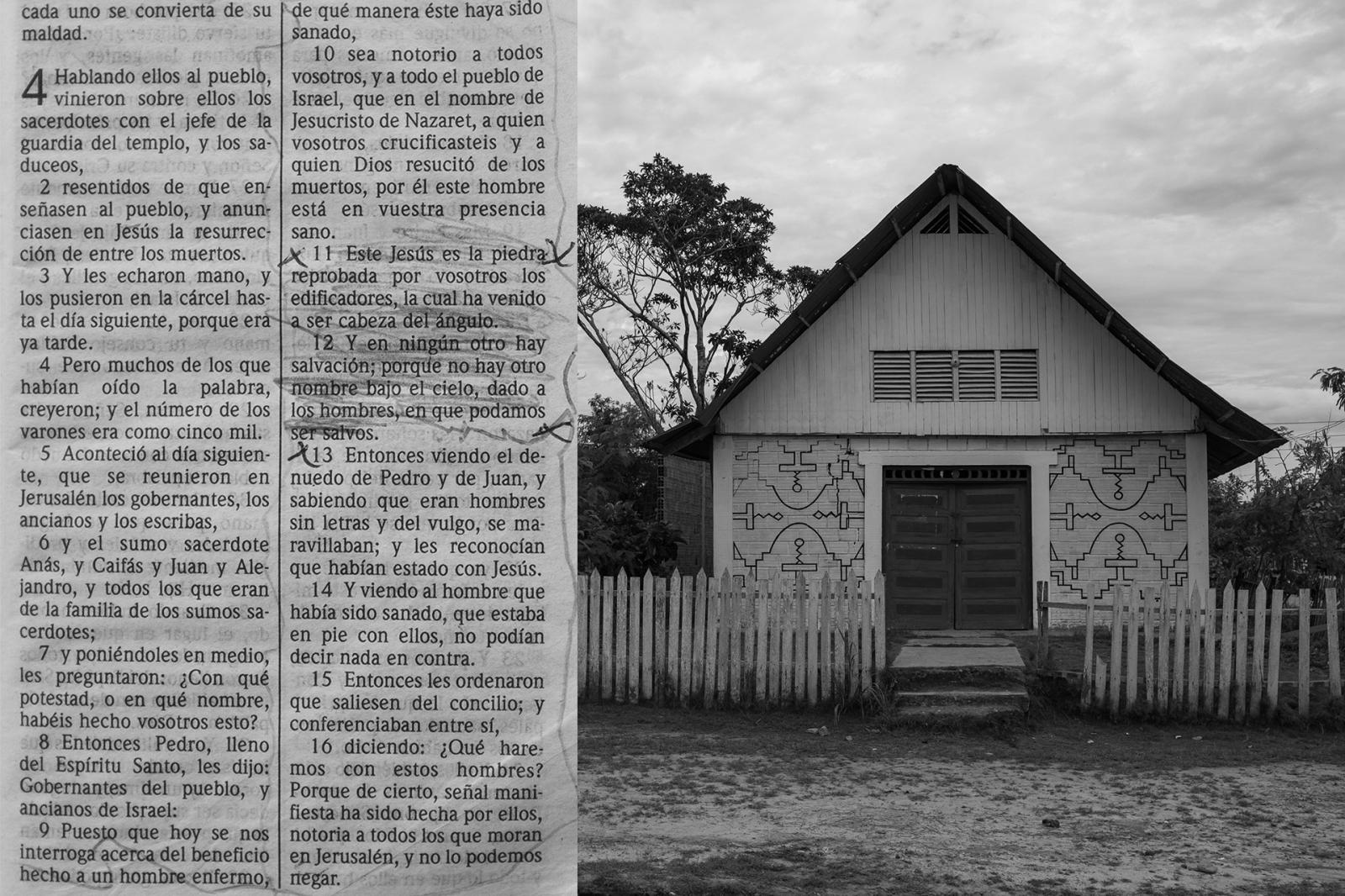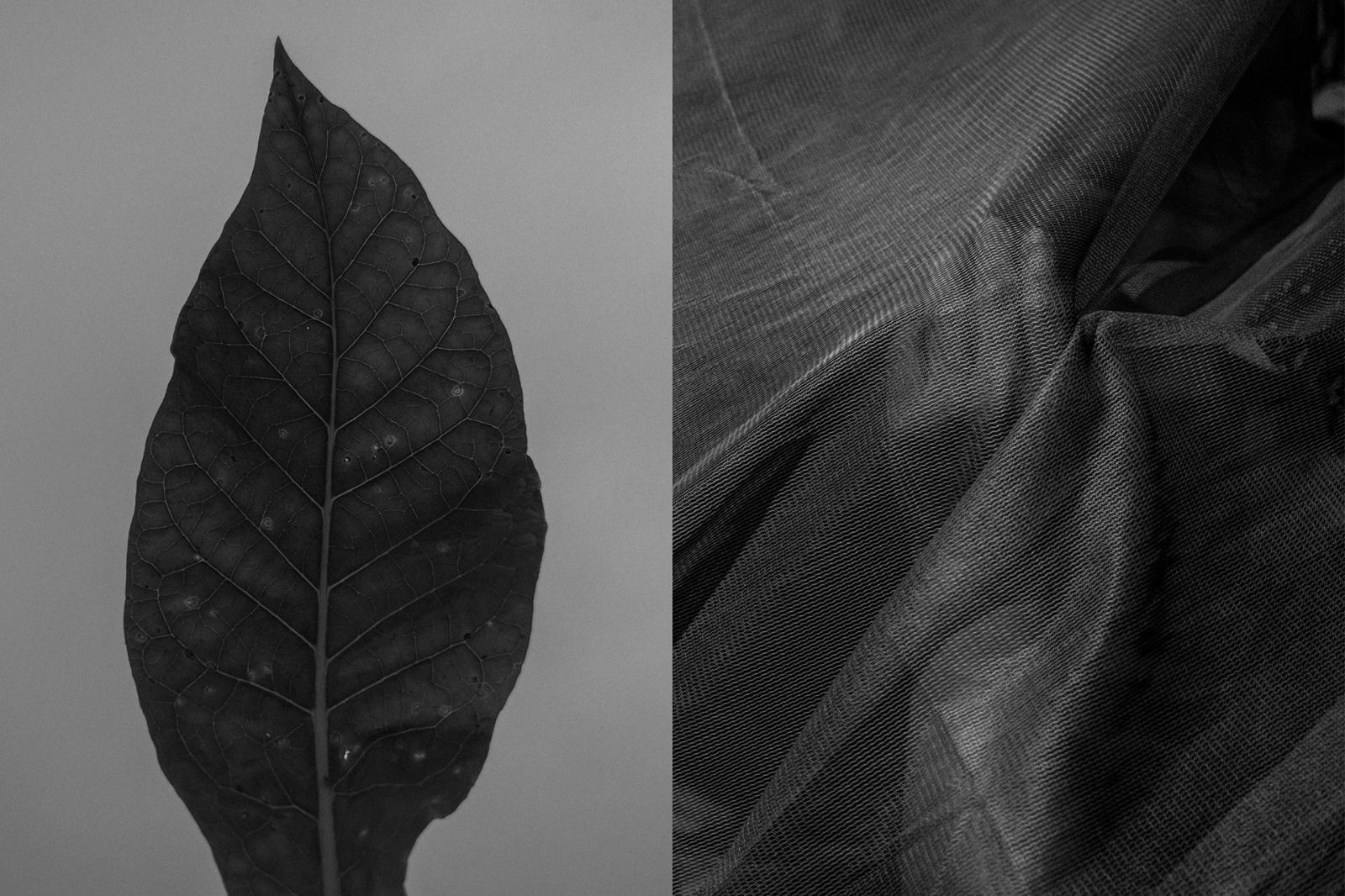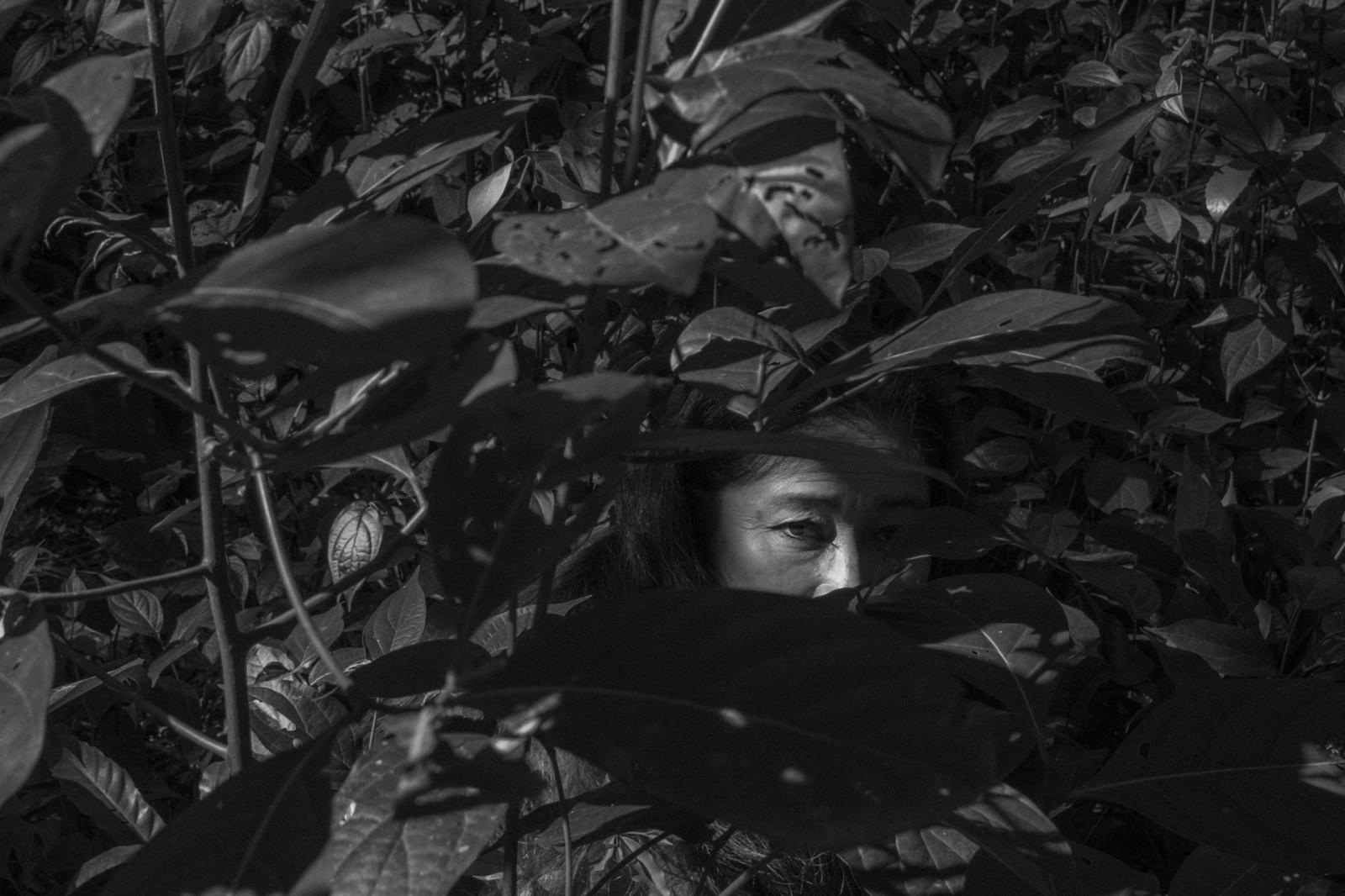Public Project
Pulitzer RJF: Dialogue with Plants
The Shipibo-Konibo communities are largely located along the banks of the Ucayali River, one of the most important rivers in the Peruvian Amazon, which originates in the Andes Mountains and flows into the Amazon River. Of the 51 Amazonian indigenous peoples, the Shipibo-Konibo represent one of the largest societies, with about 32,964 inhabitants, organized into 140 communities along the Ucayali.
The diversity of Amazonian plant species is enormous, and there is still much to be investigated in their specificity and use within the Shipibo-Konibo society. An ethnobotany research by the Masisea Research Center (CIPTT) led by Samuel Cauper, Shipibo-Konibo agronomist, published in 2018, identified 180 species of native flora in the Masisea district of Ucayali, 70% of which are used by the communities for medicinal purposes.
Over the years, the uses and knowledge about these plants have been orally transmitted from elders to children. However, during the past year, the Covid-19 pandemic has affected several of the elder leaders, threatening this transmission continuity.
Watch short film documentary:
El pueblo que habla con las plantas
Durante la pandemia, los indÃgenas de la AmazonÃa se aislaron e intentaron hallar refugio en el vasto bosque. Asà lo hicieron los shipibo-konibo, conocedores de la selva y los usos de la flora. Lo cuentan aquà de viva voz: la crisis sanitaria...
Elpais.com Diálogo con las plantas: el pueblo Shipibo-Konibo enfrenta un virus
#Portafolio Diálogo con las plantas: el pueblo Shipibo-Konibo enfrenta un virus
Ojo-publico.com Diálogo com as plantas - Agência Pública
No Peru, o povo Shipibo-Konibo enfrenta um vírus em diálogo profundo com a ciência e a espiritualidade indígena.
Apublica.org
8,544









